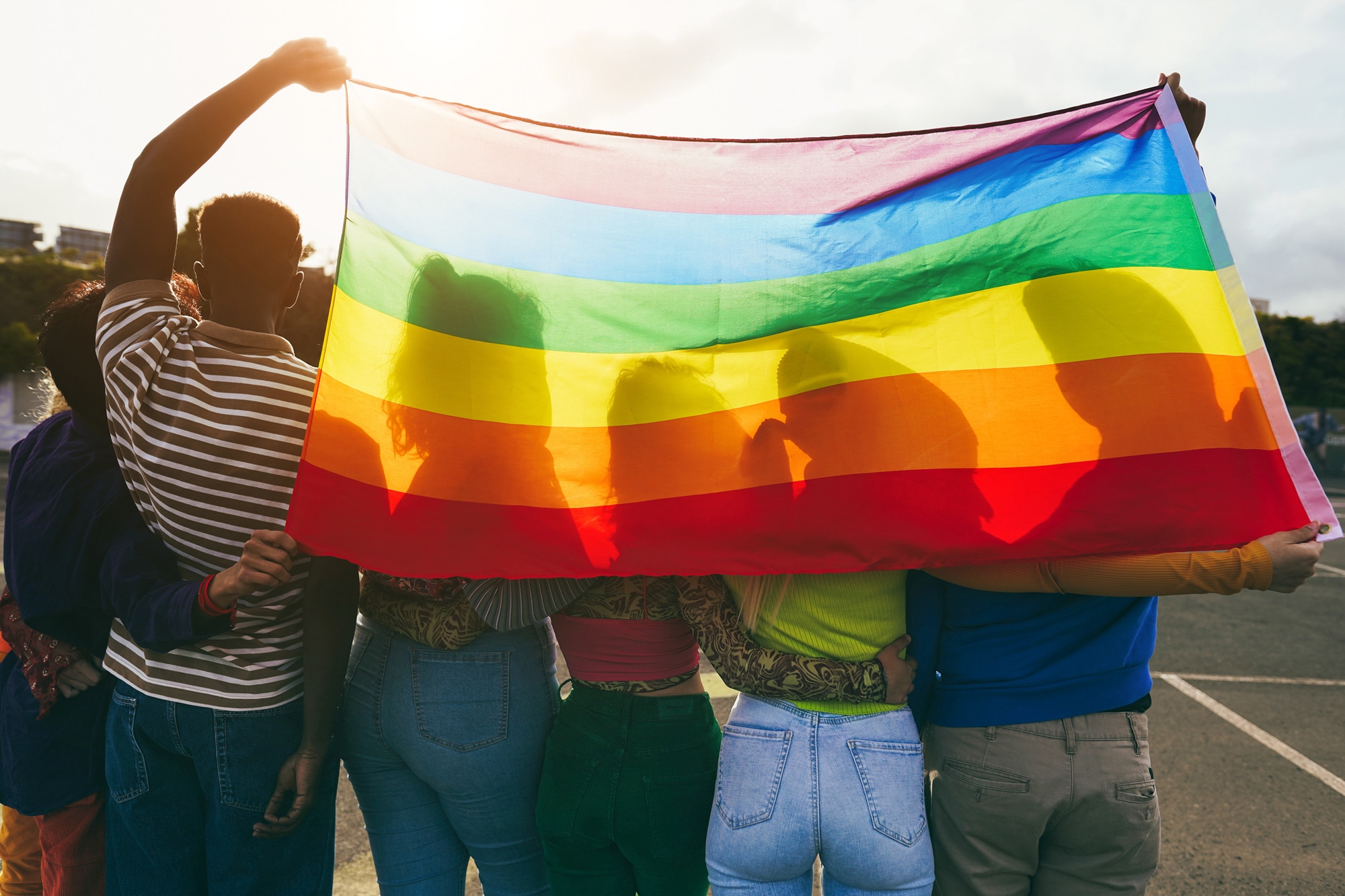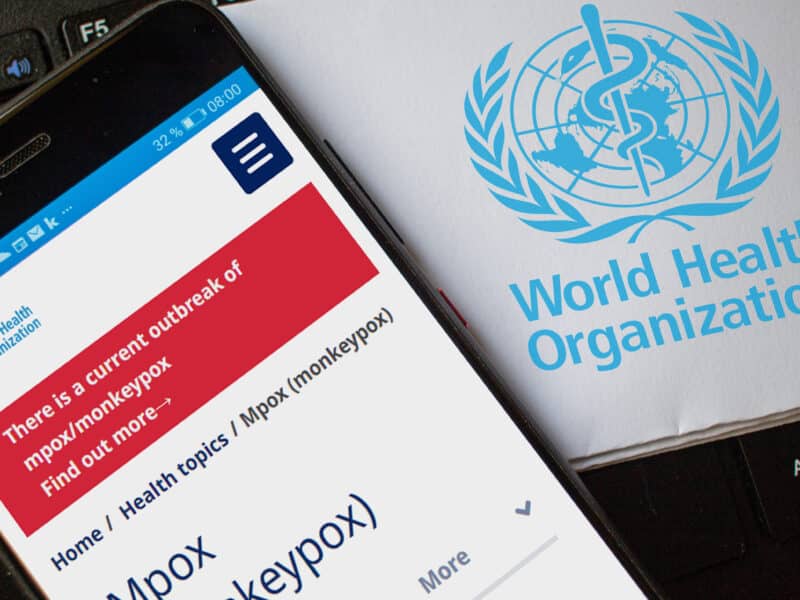Since 2002, the Demographic and Health Surveys (DHS) Program has collected diverse gender and sexuality data upon the request of national governments and local development partners. Over the years, 10 countries across Latin America, Africa, and Asia have requested or collected this data to inform more inclusive health policy.
But there hasn’t been a uniform way to collect these types of data. Standardization has long been a key to the success of the DHS Program, which has collected and disseminated accurate, nationally representative data on fertility, family planning, maternal and child health, gender, HIV, malaria, water, sanitation, and nutrition in 90 countries for 40 years.
DHS Program survey questions vary based on what local policymakers in each country choose to prioritize. The data include everything from age and location to whether mosquito nets are being used or at what rates people use modern family planning. Surveys are conducted at regular intervals to allow health officials to identify changes over time.
“The UN’s Sustainable Development Goals are very much aimed at reaching the most marginalized people first, because we collectively can’t make progress unless the most marginalized are making progress as well,” says Sarah Balian of the Johns Hopkins Center for Communication Programs, who works on the DHS Program. “And the evidence we do have is that there are health and wellbeing disparities experienced by LGBTQI+ individuals.”
To that end, a report co-authored by Balian and released on March 31, International Transgender Day of Visibility, outlines the key considerations for countries conducting DHS Program surveys that seek to better understand individuals with diverse sexual orientation, gender identity, gender expression, or sex characteristics.
CCP is a partner on the DHS Program, which is led by ICF and funded by USAID. USAID “has long been a champion of gender equality and in recent years have updated their policies to recognize that sex disaggregation in a binary does not fully reflect the populations being served,” Balian and her co-authors write. In 2023, USAID released their first ever LGBTQI+ inclusive development policy.
“LGBTQI+ individuals are not excluded from DHS surveys,” Balian says. “They’re rendered invisible in the data because of the survey instruments that are used. So how do you adapt these instruments to illuminate LGBTQI+ people’s experiences of health? You have to create questions that respectfully and accurately identify these individuals and their needs.”
The legality of diverse gender identities and sexual orientations varies dramatically across countries that conduct DHS Program surveys. For example, the South African Parliament legalized same-gender marriage in 2006 and the Supreme Court of India legally recognized a third gender in 2014. In other countries, however, same-gender sexual behavior is punishable by death. Country-led steering committees always decide which questions to include on any given survey and no topic is mandated for inclusion.
Among the recommendations for collecting inclusive data laid out by Balian and her co-authors is that prior to collecting data, research is done into the culturally specific context and terminology used in each country. They suggest partnering with local LGBTQI+ groups to ensure the survey reflects the authentic experiences of LGBTQI+ individuals.
Also of paramount importance: safety. Balian says that both survey protocol and data collection team training need to address interviewer and respondent safety, most importantly how to respond to community or individual resistance to questions about sexuality and gender that are outside of existing social norms.
The ninth iteration of the DHS Program contract was awarded to ICF and partners, including CCP, in May. A key deliverable of the new project will be developing a standard gender and sexuality module with gender options beyond the binary “man” and “woman” for countries wishing to collect these data.
“Collecting Diverse Data on Gender and Sexuality in Demographic and Health Surveys: An Overview” was written by Sarah M. Balian, Blake Zachary, and Kerry L.D. MacQuarrie.





